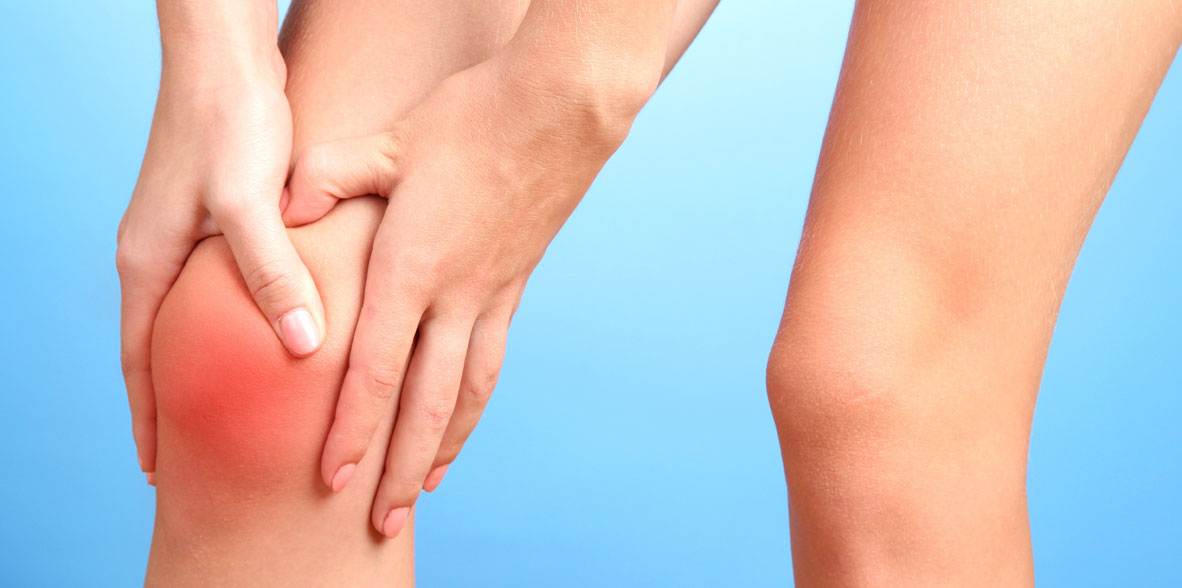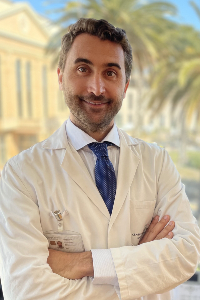
Consultation area

Castro Domínguez FranciscoRheumatology
 Centro Médico Teknonen/health-centers/centro-medico-teknon
Centro Médico Teknonen/health-centers/centro-medico-teknon- Centro Médico Teknonen/health-centers/centro-medico-teknonHospital Universitari General de Catalunyaen/health-centers/hospital-universitari-general-catalunya
 Centro Médico Teknonen/health-centers/centro-medico-teknonHospital Universitari Sagrat Coren/health-centers/hospital-universitari-sagrat-cor
Centro Médico Teknonen/health-centers/centro-medico-teknonHospital Universitari Sagrat Coren/health-centers/hospital-universitari-sagrat-cor
Lumbar disc herniation is a condition of the spine in which the nucleus pulposus of the intervertebral disc shifts and puts pressure on the nerve roots in the lumbar region of the spine.
Causes:
Lumbar disc herniation can be caused by several factors, including:
- Disc degeneration: With aging, intervertebral discs can undergo degenerative changes, such as loss of water and elasticity, making them more prone to herniation.
- Overload or trauma: Lifting heavy objects improperly or making sudden twisting movements can increase the risk of a herniated disc.
- Aging: The natural aging process can weaken the discs and increase the likelihood of a herniated disc.
Diagnosis:
Diagnosis of lumbar disc herniation involves several steps:
- Medical history: The doctor collects information about the symptoms, duration, and progression of pain. Attention is paid to triggers, such as movements or lifting objects.
- Physical exam: During the exam, the doctor evaluates spinal mobility, muscle strength, and sensation in the legs.
- Imaging tests: X-rays, magnetic resonance imaging (MRI), or computed tomography (CT) are used to visualize the spine and confirm the diagnosis. These images also help determine the location and size of the hernia.
- Neurological studies: In some cases, nerve conduction tests or electromyography may be done to evaluate nerve function in the legs.
Treatment:
Lumbar disc herniation treatment depends on the severity of the condition and may include:
- Conservative management:
- Rest: Avoid activities that increase pain and allow the hernia to resorb.
- Physical Therapy: A physical therapist develops a specific exercise program to strengthen the muscles surrounding the spine and improve posture and biomechanics.
- Medications: Pain relievers, nonsteroidal anti-inflammatory drugs (NSAIDs), or muscle relaxants can help relieve pain and reduce inflammation.
- Corticosteroid injections: In cases of significant inflammation and pain, corticosteroid injections can be administered to the affected area.
Surgery:
Surgery is considered in severe cases or when other treatments have been unsuccessful. Surgical options may include discectomy (removal of the herniated portion of the disc) or spinal fusion.



































